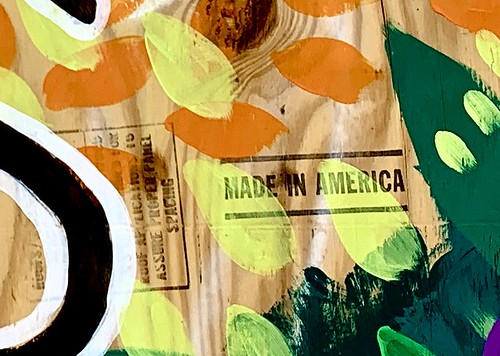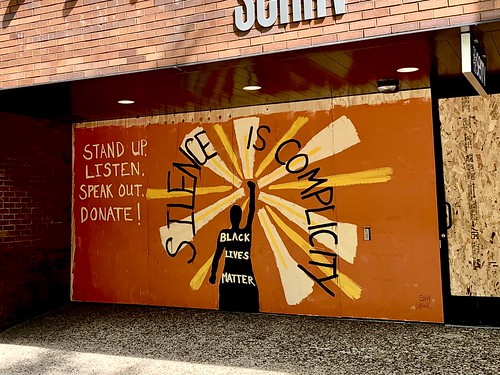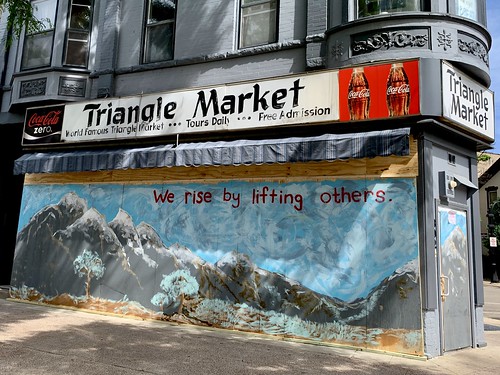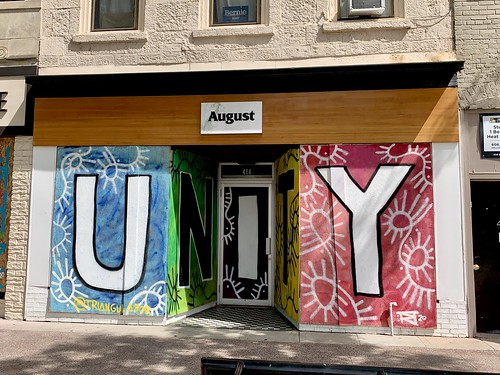Said a commenter, at WaPo, on an "Ask Amy" column about a letter from a woman who wanted another woman's husband to stop talking so much and so obnoxiously on Facebook.
The larger issue is the way people expect the wife to control her husband and think it's a wife's job to be an intermediary on their behalf. It's always the woman's job to tend to social harmony. A secondary issue is that people who are unhappy with interactions occurring on Facebook don't seem to realize you can just click a button — "snooze" or "unfollow" — and you don't have to see that person anymore.
But the line "Instead of trying to carpet the world, put on slippers" was so good, I figured it's unlikely to be original with that commenter. Google gives over 9 million hits, rephrases it — "It's easier to put on slippers than to carpet the whole world" — and attributes it to...
Al Franken!
I see there's a discussion of the Al Franken adage at a subreddit devoted to... Jordan Peterson.
The Redditor also quotes what purports to be the writing of some unknown person in the year 1100... though it sounds like something somebody wrote yesterday... and therefore I'm not going to quote it here. It's not good enough. It's like something somebody I'd like to snooze would put on Facebook.
Also at that link is a quote that's quite similar to the wisdom attributed to Franken: "To walk the Earth without cutting your feet, it is easier to cover your soles in leather than to cover the world."
Is that authentic ancient wisdom or recent old-time-i-ness?
It gets over 30 million hits on Google, but that just means it's been repeated more often. And the Franken quote is better, because you can visualize carpeting the world, not that you could actually do it. It's a good, vivid image and the point is made, but it's awkward to picture covering the world in
leather. On the other hand, you can go walking out in the world in leather shoes, but if you're only wearing slippers, you kind of need to stay home.
I say kind of, because there are a few people who've gone out and about in slippers, notably
Vincent Gigante. And I once saw a lady try a case in federal court in slippers. Pro se.





















